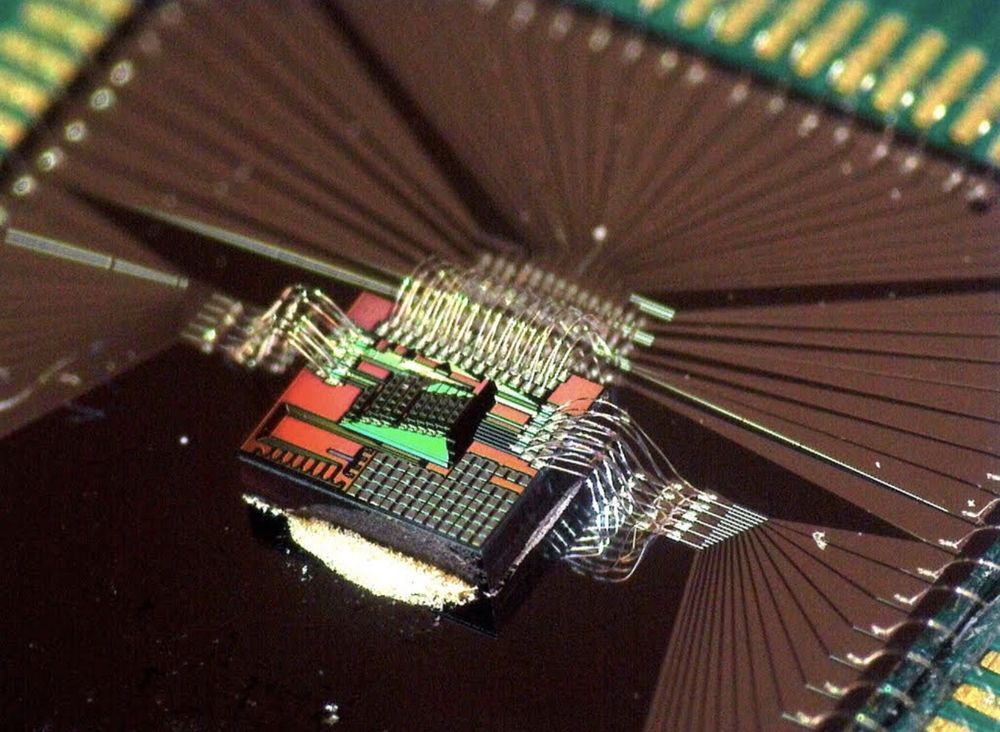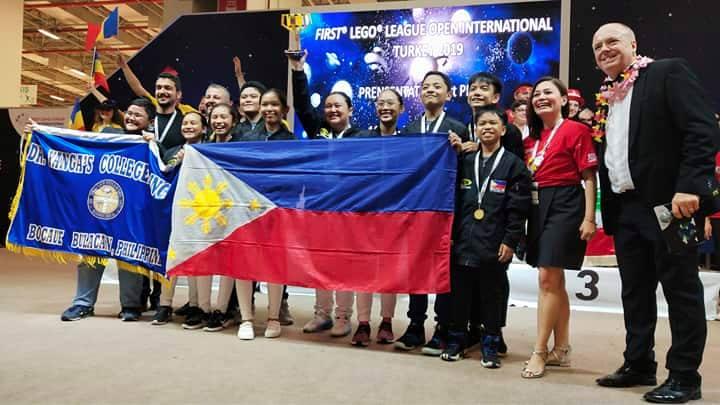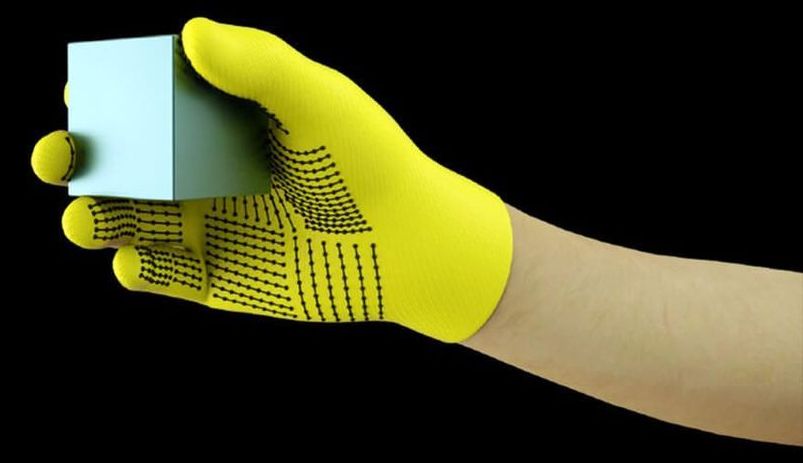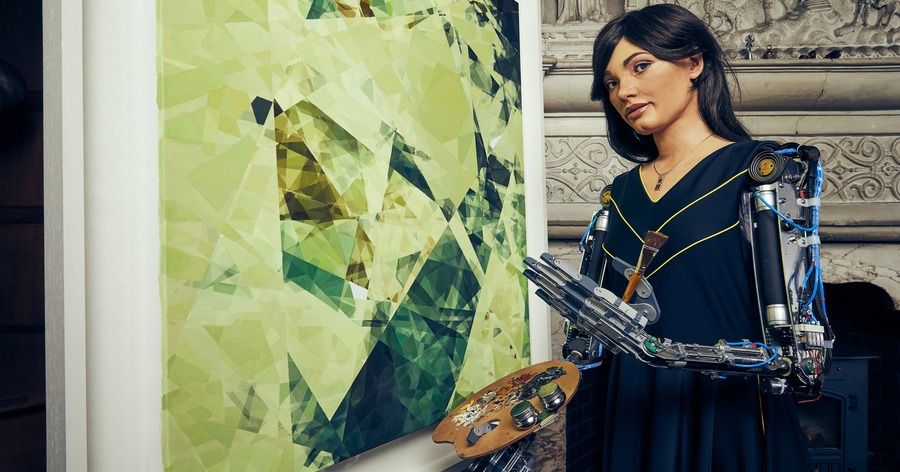Luminous Computing, a one-year-old startup, is aiming to build a photonics chip that will handle workloads needed for AI at the speed of light. It’s a moonshot and yet, the young company already has a number of high-profile investors willing to bet on the prospect.
The company has raised $9 million in a seed round led by Bill Gates, NEO’s Ali Partovi and Luke Nosek and Steve Oskoui of Gigafund.
The round also attracted other new investors, including Travis Kalanick’s fund 10100, BoxGroup, Uber CEO Dara Khosrowshahi, and Emil Michael as well as pre-seed investors Class 5 Global, Joshua Browder, Ozmen Ventures, Schox Investments and Third Kind Venture Capital.





